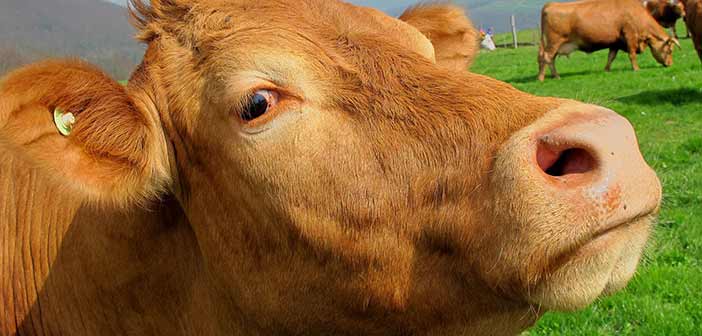 “The important thing is not to stop questioning. Curiosity has its own reason for existence. One cannot help but be in awe when he contemplates the mysteries of eternity, of life, of the marvelous structure of reality. “ —Albert Einstein
“The important thing is not to stop questioning. Curiosity has its own reason for existence. One cannot help but be in awe when he contemplates the mysteries of eternity, of life, of the marvelous structure of reality. “ —Albert Einstein
Curiosity is the raw material of dreams and offers amazing possibilities for transformation. The desire to delve into the hows and whys of life can open us up to more creative and meaningful relationships with our world, helping us come up with solutions to some intractable problems. Curiosity can be manifested on a micro or macro level, focused on interpersonal relationships or societal needs. Being curious about why our spouse or child is upset helps us find ways to be of assistance to them while curiosity about the causes of climate change will help us (hopefully) combat global warming.
In most cases, when we’re asked to tap into the curious part of ourselves we’re intrigued; what will we discover and what will it mean? But sometimes, our species demonstrates a remarkable lack of curiosity. Might curiosity lead to uncomfortable realizations and/or different life choices? It might, as self-reflection often does. Are we generally less curious about certain subjects than others? Of course. Is it possible a lack of curiosity can be detrimental? Absolutely, to both ourselves and to others.
The ramifications of a less than probing nature are not something most people think about. We’d rather marvel at the invention of a new electronic gadget that promises to make our lives easier, or more fun, or peruse genealogy websites where we might discover long lost kin. Exploring new lands and cultures is both an adventure and an education and sure beats sitting around contemplating the bounds of our curiosity. But perhaps we ought to be a bit more contemplative because limiting our curiosity can adversely impact the lives of our fellow earthlings, especially the non-human ones.
As Homo sapiens, we show a particularly incurious nature when it comes to how animals live and die. On the surface, this would seem illogical, as our lives intersect so often and in so many ways. We eat them, wear their skin and fur, and are entertained by them at zoos, circuses, and marine parks. So why aren’t we more inquisitive? Precisely because our lives intersect so often and in so many ways. Huh? Think about it for a minute. If we showed more of an interest in how animals live and die, our feelings about them and our relationship to them might change.
Non-human animals, often referred to as units of production, livestock, commodities, game, trophies, etc., endure unimaginable horrors on factory farms, fur farms, and in circuses, zoos, and research laboratories. Many people don’t know the extent to which these sentient beings endure deprivation of their most basic instincts and needs, nor the depths of cruelty perpetrated against them. That’s because most of us aren’t curious enough to dig deep and uncover the truth or when the truth is presented to us, we turn away. We’re all too ready to “drink the Kool-Aid” that is fed to us by the industries profiting off the exploitation of non-human animals. We need to believe their disingenuous descriptions of the animals’ lives they take to create their products and services, i.e. they live happily and die painlessly.
Why this need? I think many of us if pressed on the reasons would say that knowing would be too uncomfortable, too sad. It might push us to face our complicity in this abuse by being consumers of it. That would constitute a major disconnect between how we, loving and compassionate people, want to see ourselves and how we actually act. And the remedy for this dissociation — being open to changing our attitudes and behaviors towards non-human animals — might feel too onerous an endeavor.
Developing a more curious nature does mean we’re likely to uncover truths we wish had stayed buried. Looking misery straight in the eye is not something most of us willingly seek to do. But by being more inquisitive, it is likely that our perspective on the non-human animals with whom we share this planet will change, allowing us to see and appreciate who they are and how they can enrich our lives. A more expansive view of these beings will make us more conscious of the ways in which we’re similar as well as some impressive differences. By broadening our view of animals from being utilitarian objects to creatures with their own unique needs and desires, we will then be able to connect with them in ways we never imagined. This newfound relationship will likely make the path to change feel a whole lot less onerous and probably even welcome.
By ignoring important truths about our fellow earthly inhabitants, we’re ceding power to others, allowing them to dictate the terms of many lives, including our own. Curiosity does require courage; the courage to let go of preconceived notions and embrace a new journey. We may very well find that what lies before us is awe-inspiring indeed.



